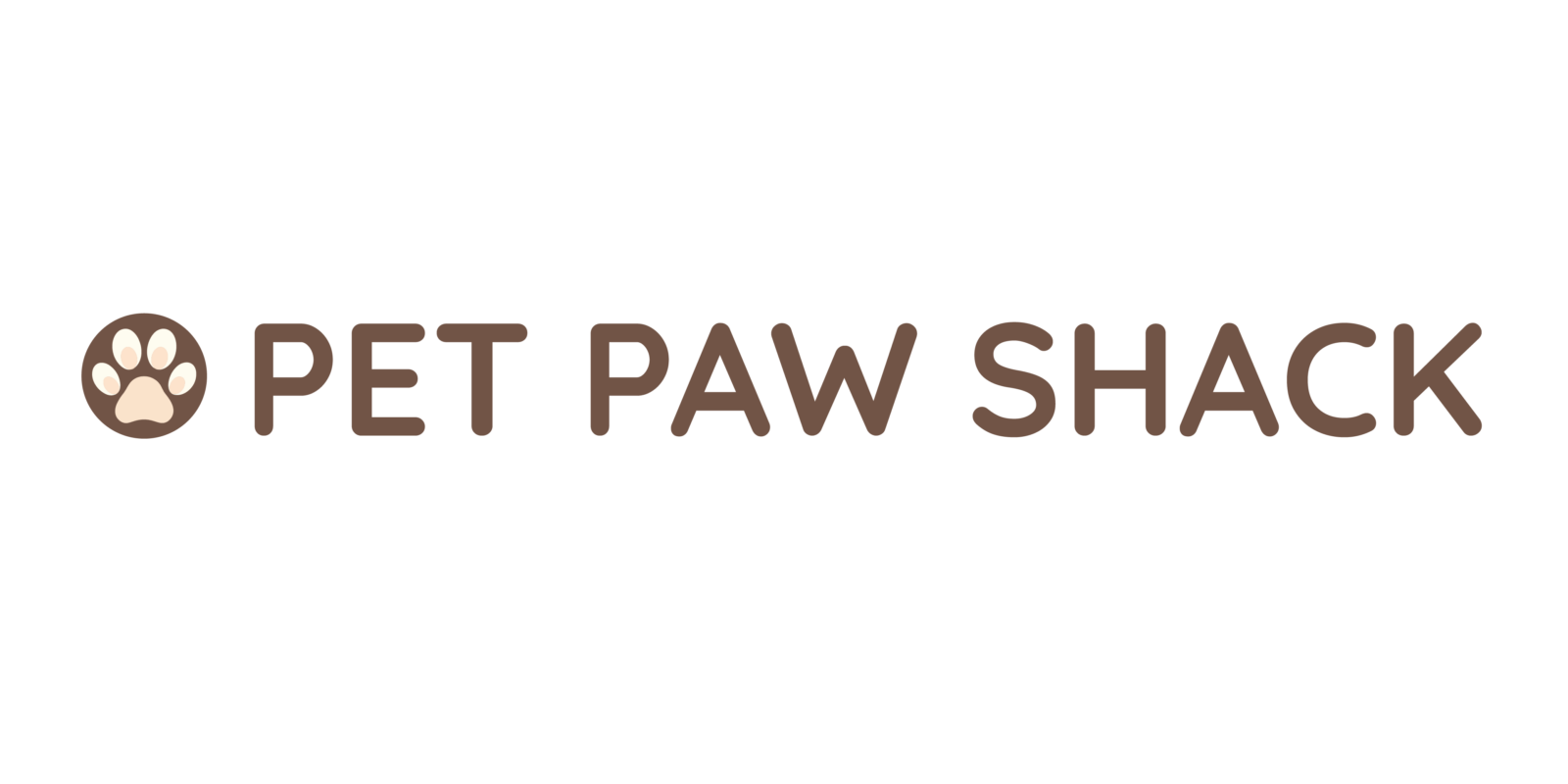What’s with 2678173961?
Right out of the gate—2678173961 looks like a U.S.based phone number, likely from Pennsylvania. Publicly available phone registries show the 267 area code belongs to the Philadelphia region. That doesn’t do much to explain the odd search traffic around this number, but it’s a starting point.
So, what makes this number special (or suspicious)? Some people report getting random calls or texts from it, often with no message or just a quick hangup. Others say it’s tied to promotions or survey scams. In short: nothing officially malicious, but there’s enough noise to pay attention.
Reverse Lookup Results
If you plug 2678173961 into a reverse phone search, results are thin. You’ll often see it flagged as “telemarketer,” “scammer,” or “unverified.” That’s common for numbers used in mass outbound campaigns. They often rotate to avoid spam filters and detection.
Some reverse lookup tools even prompt payment before revealing the real identity of the number holder. That tells you two things: one, whoever registered it didn’t use a business line. Two, the number’s probably designed to hide behind that thin layer of anonymity.
What to Do If You Get a Call from 2678173961
Don’t answer. Or if you do, don’t say anything. Collect yourself and listen. If there’s silence, hang up. If there’s a robotic voice or someone offering a deal “just for you,” it’s a red flag.
Here’s a quick checklist: Don’t call back. That confirms the number’s live. Don’t click any text links. Classic phishing move. Block the number on your phone. Report it to the FTC or your mobile provider.
No drama necessary—just be smart about it.
Common Theories Around 2678173961
Some people lean on conspiracy—government surveillance, data brokers, that sort of thing. Others think it might be someone testing active numbers for a future robocall campaign. Possible, but unverified.
Another theory is that it’s used by lead generation systems. These are bots that call numbers just to see who’ll answer. Then they sell that data to marketers. Wildly common and legal in many places, sadly.
No confirmed source has tied 2678173961 to anything nefarious beyond annoyancelevel issues. Still, that’s not comforting if your phone’s buzzing every few days from random numbers.
Is 2678173961 Dangerous?
“Objective danger”? Probably not. It hasn’t been linked to known scams or fraud rings. That said, it’s part of a category of numbers that contribute to a larger problem: mass spam calls. At worst, it’s a digital mosquito. At best, it’s background noise.
If you’ve received multiple calls or messages from it, there may be a database that has your number down as active. Time to refresh your spam filters and use your phone’s callblocking settings. Most carriers have features to stop this sort of thing before it rings.
Pro tip: apps like Hiya or Truecaller can help flag repeat offenders fast.
How These Numbers Pop Up
Numbers like 2678173961 get used because they’re clean, unlisted, and often allocated to VoIP (Voice over Internet Protocol) systems. That means someone could be calling from a laptop or invisible server backend instead of a physical phone. It’s harder to trace.
That setup lets the same call center reuse dozens—if not hundreds—of disposable numbers with clean histories.
Another factor: spoofing. Just because the caller ID says 2678173961 doesn’t mean they actually own the line. They could be masking their real identity behind a borrowed number. No wonder people are wary.
Red Flags to Keep at Arm’s Reach
You’ll start spotting patterns once you know what to look for. Red flags: Calls that hang up within seconds Silent voicemails Robotic automation or vague surveys Links via SMS that lead to branded “offers” with misspelled domains
These are signals, not necessarily proof. But stay skeptical and you’ll stay safer.
Last Call on 2678173961
Here’s what we know about 2678173961: It’s a number based in the Philadelphia region. It’s been reported for robocalls and unclear contact. It doesn’t trace back to a known or verified business. It exists in a gray digital zone—used, perhaps spoofed, but not officially confirmed as dangerous.
In the digital age, the cost of making a thousand calls is nearly zero. So if even 1% of people respond, that’s worth it for spammers. Best move? Treat every unknown number like a knock at the door from someone you didn’t invite.
2678173961 won’t be the last number to pop up in your call log. But now you know how to handle it. Swift, simple, and without losing sleep.


 Founder & Pet Wellness Advocate
As the visionary founder of Pet Paw Shack, Kimberliene Sabinin is passionate about helping pet owners provide the best care possible for their furry companions. With a background in veterinary science and animal nutrition, Kimberliene brings years of experience in promoting pet health, safety, and well-being. Her mission is to empower pet owners with practical knowledge about proper nutrition, behavior training, and overall pet wellness.
Founder & Pet Wellness Advocate
As the visionary founder of Pet Paw Shack, Kimberliene Sabinin is passionate about helping pet owners provide the best care possible for their furry companions. With a background in veterinary science and animal nutrition, Kimberliene brings years of experience in promoting pet health, safety, and well-being. Her mission is to empower pet owners with practical knowledge about proper nutrition, behavior training, and overall pet wellness.
